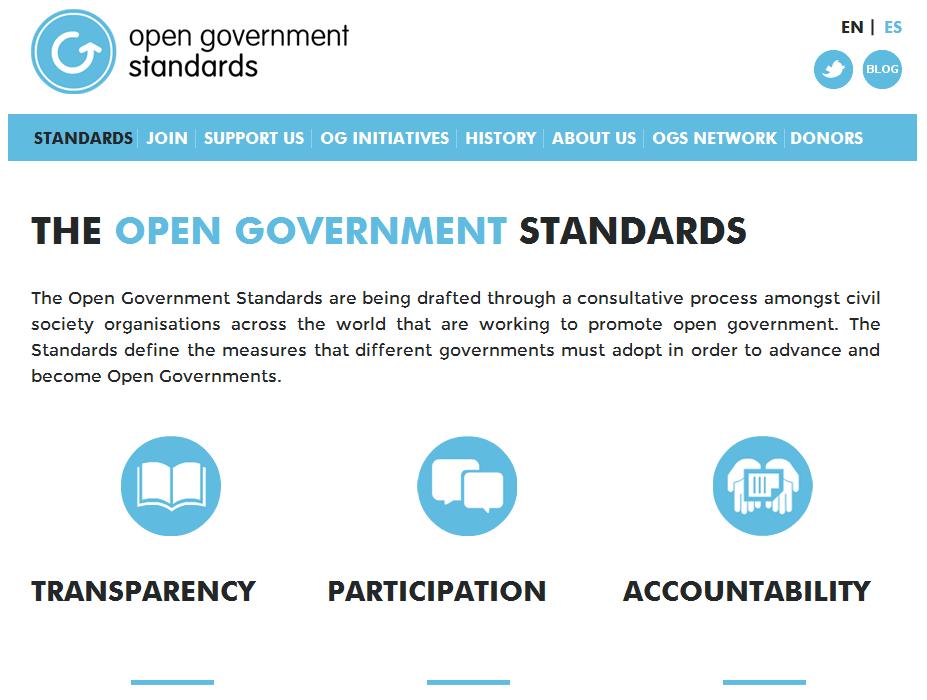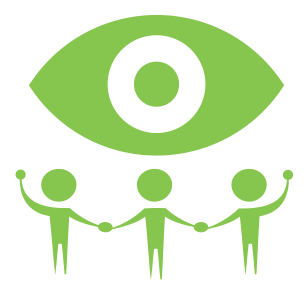Launch of new global campaign to stop secret government contracting
Helen Darbishire2021-08-11T13:22:15+02:00Madrid, 27 February 2014 - Today sees the launch of a new global campaign, Stop Secret Contracts, calling on world leaders to end secrecy in public contracting. The campaign is coordinated by the Open Knowledge Foundation, and signed by Access Info Europe along with signatories including Global Witness, Integrity Action, the International Budget Partnership, the Sunlight Foundation and Transparency International.




